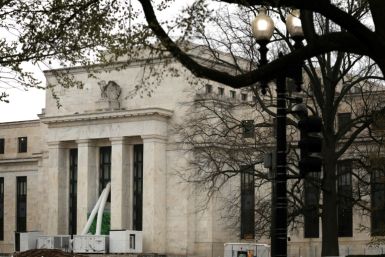Bitcoin Poses Several Consumer Risks Says MasterCard; Australia Urged to Impose Standards

MasterCard has called on the Australian government to impose regulations against the anonymity of digital currency Bitcoin. The credit card company's statement is part of an ongoing inquiry on digital currencies.
MasterCard argues that all financial services in the country must be regarded with the same standard for consumers and merchants to conduct business safely. According to the statement submitted to the Australian inquiry, MasterCard wants a "level playing field" for all. It urged regulators to ensure regulations are not partial to any technology and that they apply to all payment service providers.
The credit card stressed the importance of consumer protection, anti-money laundering, counterterrorist financing and stability as critical considerations in any regulation of electronic payments including Bitcoin. MasterCard has expressed its support of defining the digital currency as a type of digital unit that can be used as a medium of exchange but "lacks the attributes of a real currency" but can be converted into a real one.
MasterCard has cited Bitcoin and Ripple as examples of digital currencies. The company is aggressive in the application of industry standards to any type of payment service including digital currencies. According to a Computer World Australia report, digital currencies lack still lack the basic protection consumers expect from MasterCard. Due to the lack of protection, Bitcoin and other digital currency users are often exposed to several risks.
MasterCard argued that unlike its credit card, digital currencies enable any party to carry out the sale or purchase of illegal products or services. Individuals can use Bitcoin to launder money or fund terrorist activities. Since digital currencies are not supported by banks or regulators, MasterCard cited the lack of a trusted third party as risk. The company warned that consumers will have "no recourse" if Bitcoin or any other digital currency will lose its value if the system fails.
Meanwhile, the chairman of the lobby group Australian Digital Currency Association expressed his enthusiasm for the submissions into the inquiry headed by the Senate Standing Committee on Economics. Ron Tucker acknowledged that not everyone will agree on specific regulations at this time. He said it was important to note that since Bitcoin and other digital currencies are still considered new technology, they would need newer forms of regulations.






